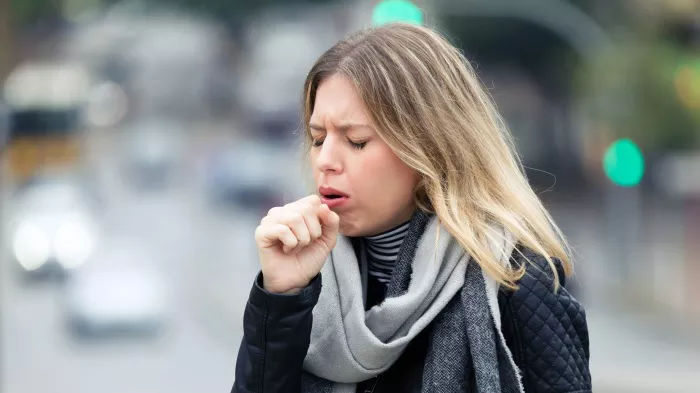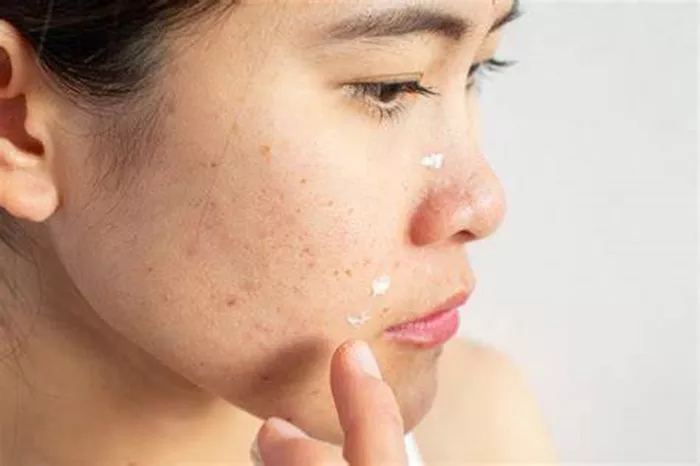Turn2Me highlights online content’s role in reinforcing harmful gender roles that could normalize misogyny and encourage discriminatory behavior among young people.
A leading mental health charity has issued a strong warning about the growing impact of toxic masculinity on young people, urging parents to take a proactive role in monitoring their children’s social media use.
Turn2Me, a prominent mental health organization, has raised concerns that online content is reinforcing traditional gender roles, which could normalize misogyny and encourage young people to engage in sexist, discriminatory, and harmful behaviors.
Key Concerns Raised by Turn2Me
The charity identified several danger signs that highlight the negative influence of toxic masculinity on young minds. Among these are:
Emotional Suppression: Online content often discourages young people, particularly boys, from expressing emotions like sadness or vulnerability, leading to stress, anxiety, and poor mental health.
Unrealistic Expectations: There is increasing pressure on young people to conform to rigid gender roles, resulting in self-doubt and low self-esteem.
Encouragement of Risky Behavior: Social media often links strength with recklessness, pushing young men to engage in dangerous activities and avoid seeking help.
Strained Relationships: Toxic masculinity fosters a lack of empathy and emotional openness, making it difficult for young people to build healthy, respectful relationships.
Echo Chambers Normalizing Misogyny: Online communities can amplify harmful gender norms and reinforce toxic beliefs, making young people more susceptible to sexist ideologies.
Emboldening Misogynistic Behavior: The anonymity provided by online spaces emboldens some individuals to engage in misogynistic harassment, which can have real-world consequences.
Fiona O’Malley, CEO of Turn2Me, emphasized the critical role that parents play in mitigating these risks. “Online communities have a significant impact on young minds, shaping their values and perceptions. If toxic masculinity is left unchecked, it can negatively affect a child’s mental health, relationships, and overall worldview. Parents need to be aware of these dangers and guide their children towards positive, respectful, and inclusive online interactions.”
Rising Concerns in Schools and Society
There is a growing trend among schools across Ireland where parents are collectively agreeing not to provide smartphones to their children. O’Malley described this as a “brilliant idea” that, with group support, can help protect young people from the harms of online platforms.
Toxic masculinity has been a prominent topic in popular culture, highlighted by the Netflix series Adolescence. The show, starring Stephen Graham, tells the story of a 13-year-old boy who is arrested for the murder of his classmate, shedding light on the toxic influences impacting young men.
Tanaiste Simon Harris recently acknowledged the importance of the series, noting that it provides a valuable look into how toxic influencers are filling a void in young men’s lives. Harris suggested that Adolescence should be mandatory viewing in secondary schools, given the significant influence social media has on young people today.
Influencers and Public Figures Under Scrutiny
The influence of controversial figures such as British-American influencer Andrew Tate has also come under scrutiny. With over 10 million followers on X, Tate is known for promoting toxic masculinity and glorifying extreme views. Despite being banned from multiple social media platforms for his controversial content, Tate continues to amass a significant following.
Tate, who is facing multiple charges in Romania, including human trafficking, has denied all allegations. Additionally, the brothers Tate are wanted in the UK to face charges of sexual assault, which they also deny.
Calls for Stronger Online Safety Measures
In response to the growing concerns surrounding toxic masculinity, Fine Gael TD Joe Neville has called for stronger online safety measures and a holistic societal approach to combat these issues. He further highlighted an incident on St. Patrick’s Day, when Conor McGregor’s appearance at the White House showcased the harmful effects of toxic masculinity in the public sphere.
As the debate surrounding the influence of online content on youth continues, mental health experts and public figures alike are calling for a concerted effort to protect young people from the detrimental effects of toxic masculinity in digital spaces.
Related Topics





























